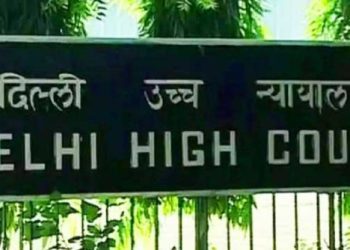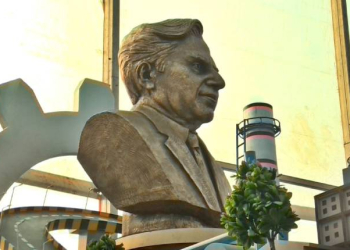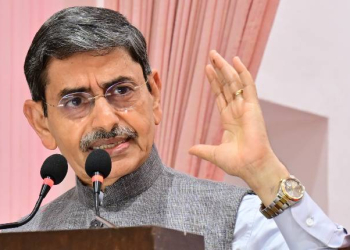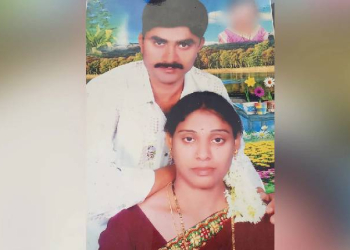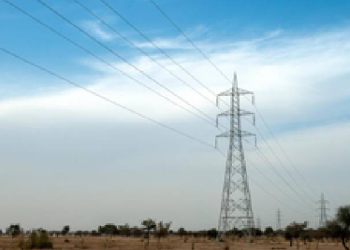New Delhi: The Centre on Wednesday told the Supreme Court that it is the duty of the government to fulfil the aspiration of those who are not getting opportunities due to their economic status, while defending 10 per cent reservation for economically weaker sections (EWS) belonging to the general category.
Attorney General K.K. Venugopal and Solicitor General Tushar Mehta, representing the Centre, submitted before a five-judge constitution bench headed by Chief Justice U.U. Lalit, that the 103rd constitutional amendment was valid. They emphasised that it was done in furtherance of Article 46, which says state would promote with special care the educational and economic interests of the weaker sections.
The bench – also comprising Justices Dinesh Maheshwari, S. Ravindra Bhat, Bela M. Trivedi, and J.B. Pardiwala – observed that the slice of cake of 50 per cent open general seats available to OBCs above creamy layer now stands reduced to 40 per cent, while referring to submissions of petitioners opposing the EWS reservation.
The petitioners against the EWS quota had argued that the EWS quota is eating into the field open to all meritorious candidates.
The Centre’s counsel argued that reservation provided under it was different and had been given without disturbing the 50 per cent quota meant for the socially and economically backward classes (SEBC), and that the amended provision does not violate the basic structure of the Constitution.
The top court noted that creamy layer of OBC is not entitled for any reservation and for them, the piece of the cake is reduced from 50 to 40 percent. It further added that in the open category anybody can make it and this is reserved for those who have no reservation. The bench also cited petitioners’ submissions that poor belonging to SCs, STs and OBCs have been excluded from this category due to their caste.
Venugopal submitted that the creamy layer will have to compete in the general category seats and added that the non-reserved category is an independent category and the classification among them to decide the EWS is permissible. The AG emphasised that it is a constitutional obligation to extend a helping hand to the poor. Also, it is the duty of the government to fulfil the aspirations of those who are not getting opportunities due to their economic status, he added.
Senior advocate Mahesh Jethmalani, representing the Madhya Pradesh government, supported the constitutional amendment, and added that the EWS quota has been implemented in the state.
The top court asked Mehta to provide the statistics of application under the EWS quota — who are the beneficiaries? Where exactly do they compare?
“We would like those statistics from some of the states.”
The same set of questions were also asked to Jethmalani.
The top court will continue to hear the matter on Thursday.




